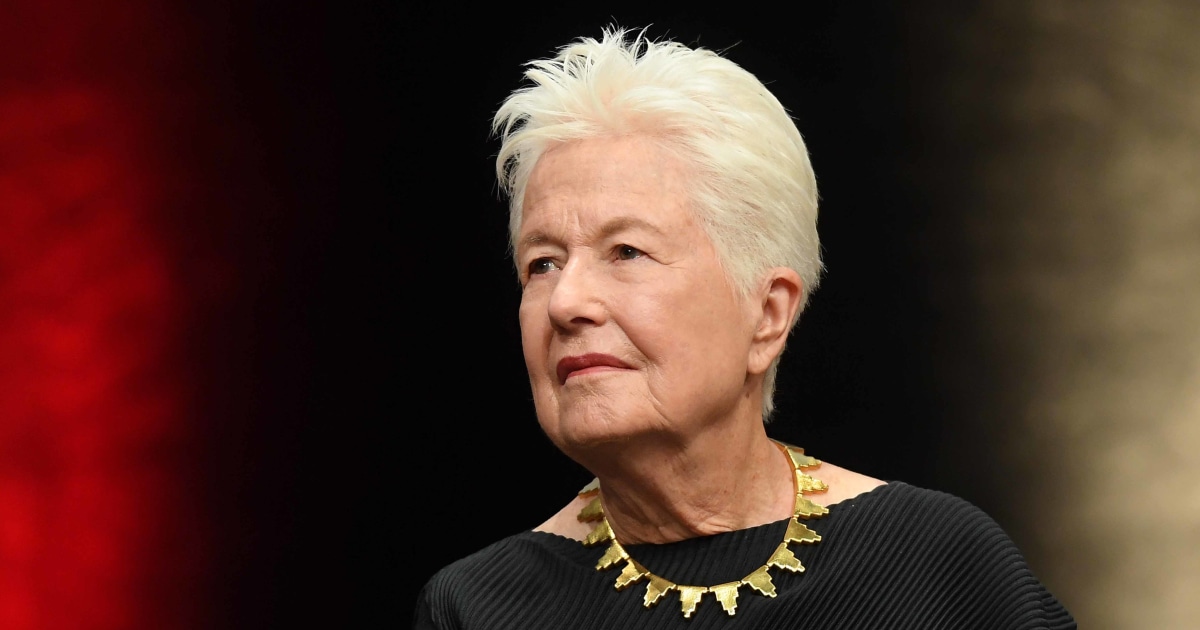In the video: Aviv Geffen and his son Elliot reading an excerpt from the book "Silberlin" (courtesy of Hebrew Studios)
It was the first time we went to a "big" concert together. In retrospect, it turned out that this would also be the last time for a while. There was already talk around the world about a mysterious disease called coronavirus, but at the end of 2019, Israel was still relatively free. Neil was three and a half years old at the time, and we went to Zappa Herzliya to see Jonathan Geffen. I'm not sure which of us was more excited.
Jonathan took the stage wearing a large cowboy hat that hid white hair that did not fit the personality of the eternal child. Next to him sat Yonatan Artzi (Shlomo's son) and Mika Karni and sang the most beautiful songs he wrote for children, and in general. Jonathan told stories between songs, made the children laugh and charmed the mothers. That's how he liked it. Neil probably liked "The Most Beautiful Girl in the Garden" from the 16th Lamb the most. "It's a song about me," she used to say, and I used not to correct her. Mika Karni performed the song in a quiet and intimate version, while Jonathan briefly walked off the stage and went to freshen up backstage. Neil couldn't concentrate on the song, and couldn't stop asking where Jonathan had gone. She didn't calm down until he returned, and then whispered in my ear without a drop of cynicism or malice: "He's very old, I think he'll die soon."
During the Corona period we read seven books by Jonathan Geffen, she loved them all. Sometime she also began to be exposed to the music of his son, Aviv Geffen. From time to time she would confuse father and son. There was something cute about it, but also natural. Through the pristine eyes of children, it is easier to see Jonathan's color within the words of Spring's "It's Just Moonlight." On her 5th birthday, she was asked by the kindergarten teacher what song she wanted to be played at the kindergarten celebration, and she asked for "we loved." The kindergarten teacher said it wasn't a song suitable for celebration, so Neil settled for Geffen's "Mexico."
Two years have passed, Neil is already in first grade and reading alone, and now she is asked to read Aviv Geffen's first children's book. For her, that's the most logical thing there is. In general, it is really natural for Aviv Geffen to write a children's book. He is already 50 years old, a father of two children, and even if he has long since crossed the Rubicon of being "Jonathan's son," the family lineage obliges. The father wrote some of the most important children's books ever written in Hebrew, and now the son is trying, too. There's something lovely about that.
Adapts the language to the target audience, but forgot to add some interest as well. The cover of Aviv Geffen's "Silberlin" (Photo: Yedioth Books)
To Geffen's credit, he always knew how to adapt the language to his audience. In 1993, he was accused by the poet Dalia Ravikovitch of disparaging the Hebrew language because he uses a "poor and faded language." Geffen replied, and rightly so, that he and his audience prefer content to form. "I speak a language that my audience understands. I'm talking simple. Most adults come to the child from above, and I reach them at eye level. What matters is the meaning, everything else is nonsense." Now with his first children's book, Silberlin, he proves that he knows how to adapt his language to children and even toddlers. It is a light and simple book that can be read before bedtime, and thanks to its punctuation and length (about 20 pages, half of which are devoted to illustrations) it is also suitable for the age of beginning reading.
It's an easy book to hold in your hand, and its rectangular-transverse format as well as Liat Koren's illustrations that look like they were taken from a hidden Disney movie make you want to read it. It's a shame, then, that the story that unfolds behind the beautiful cover turns out to be casual, outdated and detached from the reality of its audience.
"Silberlin," according to the book's back cover, is "a magical Christmas fairy tale in the spirit of good old classics." It is hard to believe that Yedioth Ahronoth would have agreed to publish a "Christmas legend" in Hebrew (and more in May!) for someone other than Aviv Geffen. And even if it does, the story has to justify it. Whether it was a clumsy and unsuccessful attempt at provocation or whether Geffen really thought that what was missing from the bookshelf of Israeli children was a book about the Christmas miracle in Lucerne, Switzerland, the result is mostly archaic.
This is disappointing not because we expected Aviv Geffen to write something comparable to his father's genius "cauliflower child," but because Aviv is a successful storyteller from birth and stomach. He often told stories about his childhood in the moshav, about his verbal and metaphorical hunger, about success. The beautiful song "Swing" that he wrote for his son Dylan, in which he talks about the joy of simple things like a street lamp off or a swing waiting for the wind, could have been turned into a charming children's book. Instead, Geffen chose to write a tale in an alienated Dickensian atmosphere about a Swiss carpenter and his son whose big dream is to travel by train.
The atmosphere of the book, which apparently takes place at the beginning of the 20th century according to its plot, tries forcefully to equate a classic feel with the story - but in reality sounds like a Christian version of white "Frozen". The positive messages of the story hit the young reader on the nose in a didactic way that is inappropriate for the period. It's a little strange to tell kids in 2023 that if you're a good kid and care about others, good things will happen to you, just like cause and effect. This is a lie. This may be the naïve message we expected from children's books two hundred years ago (cf. "The Spirit of Good Old Classics"), but it's surprising that this distracted and dreary book actually comes from the ultimate rebel. Bottom line: for fans only.
Good to know (promoted)
The secret to improving your sex life – now on special offer
Contributed by "Gavra"
A lovely opening for a conversation about the family lineage. Nana Juliet's date cookies by Anat Lev-Adler (Photo: Yedioth Books)
The first children's book was also recently born to journalist and writer Anat Lev-Adler, after her great success in writing for adults, especially adults. Her first book, "Writing and Erasing Love," became a huge bestseller in terms of Israel, as tens of thousands of married women began fantasizing about adding color to their faded love lives. One of the book's secondary but beloved storylines touched on Grandma Juliet's life — and now Lev-Adler brings Juliet's powerful and inspiring life story to the forefront in Nana Juliet's Date Cookies.
Like Aviv Geffen's Silberlin, most of the story about Juliet takes place in a "classical" period in an exotic country - only this time instead of Switzerland during Christmas, it is southern Iraq before Operation Ezra and Nehemiah. For Geffen it's a story about a father and son, for Lev-Adler it's a story about a mother and daughter. Here it is appropriate to stop the comparisons.
In sweeping (but not obsolete) writing, Anat Lev-Adler reveals the story of Juliet, who grew up in Basra and learned to prepare the most delicious food in the world, which her granddaughters and great-grandchildren eat today in Israel. The flavors and aromas emerge from the book, as do the feminist messages that flow to the readers subtly, without spoon-feeding. This is also why it will be more suitable for older girls, rather than a light reading to toddlers before bedtime.
This is an Israeli children's book, one that would be difficult to mediate to children in another language – and not really needed. A book that speaks honestly about Jews in the Diaspora, tells about their ethnicity and uniqueness, and can describe the bond mothers and daughters have around food without reducing them to "women in the kitchen." Thanks to the book, we started a conversation about our own family lineage, why we eat different things at Grandma's dinner in town than Grandma on the kibbutz, and how, without exception, blonde labradors will always steal the show. After becoming a favorite writer among Israeli women, it is likely that Lev-Adler will now become a household name among Israeli girls as well.
- culture
- literature
- Book Review
Tags
- Aviv Geffen
- Children's books
- Anat Lev-Eldar








